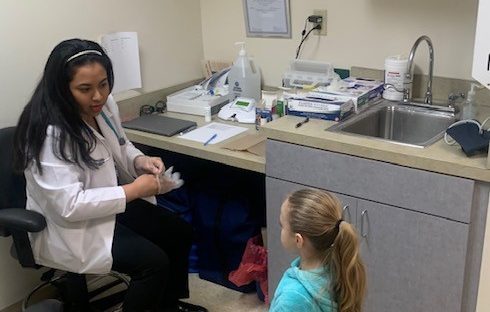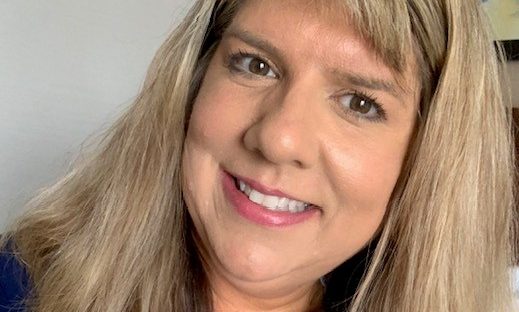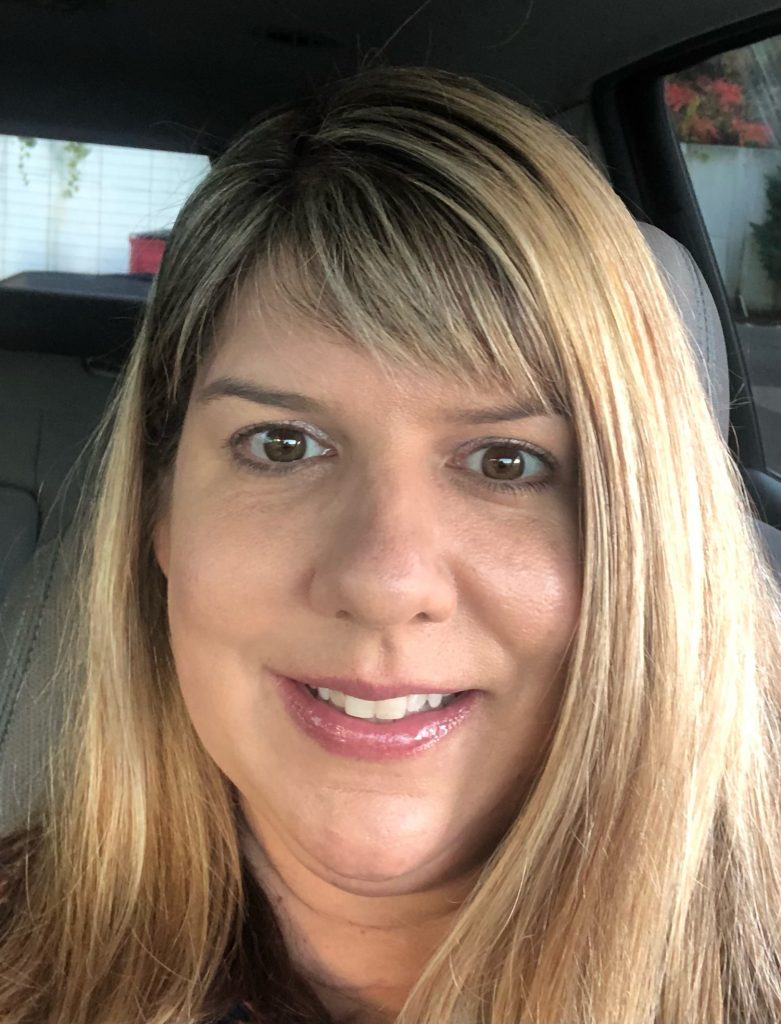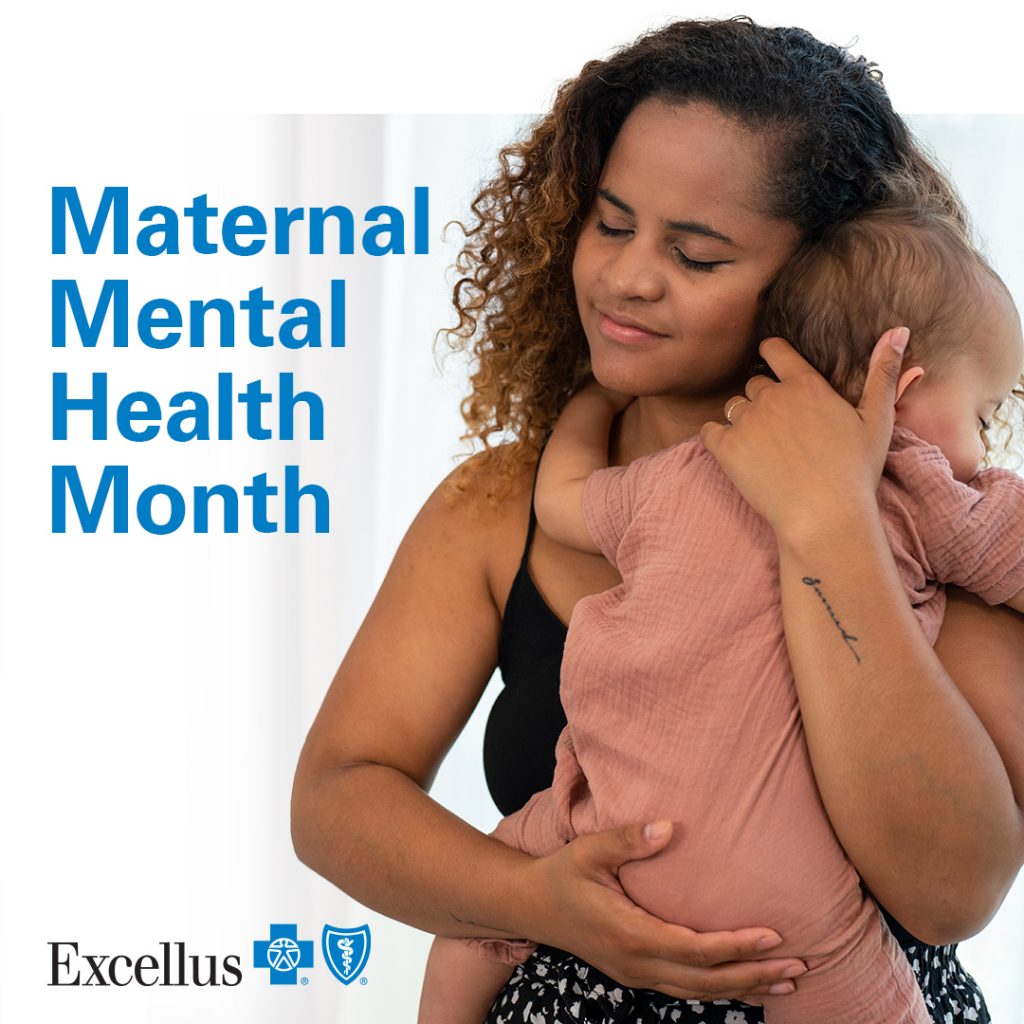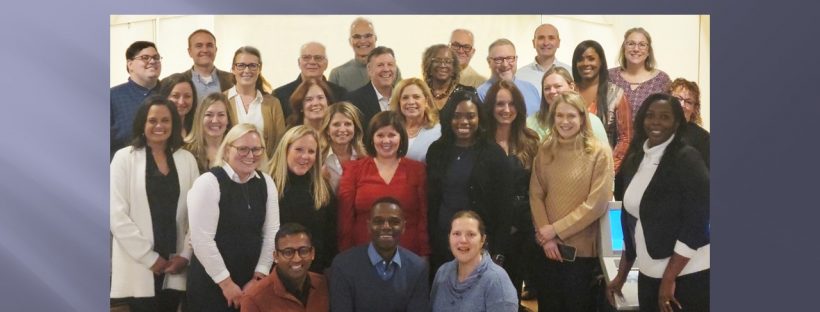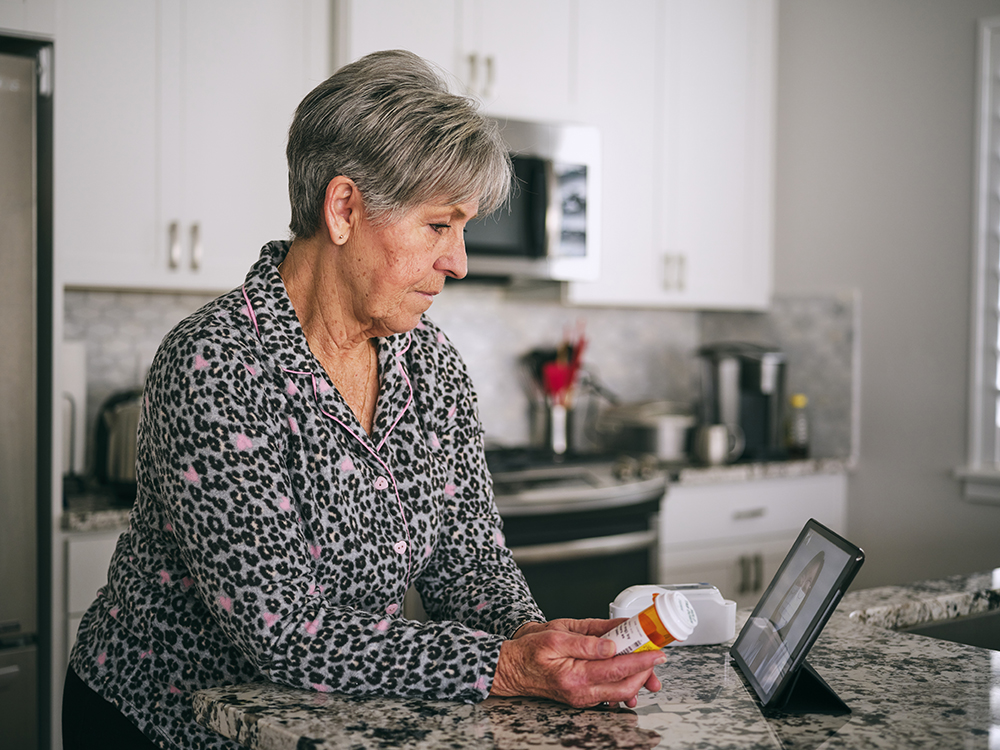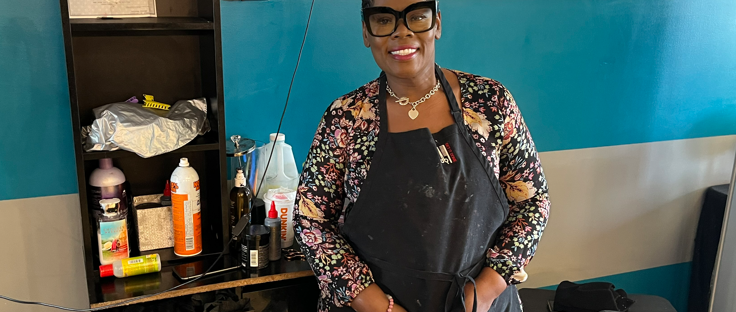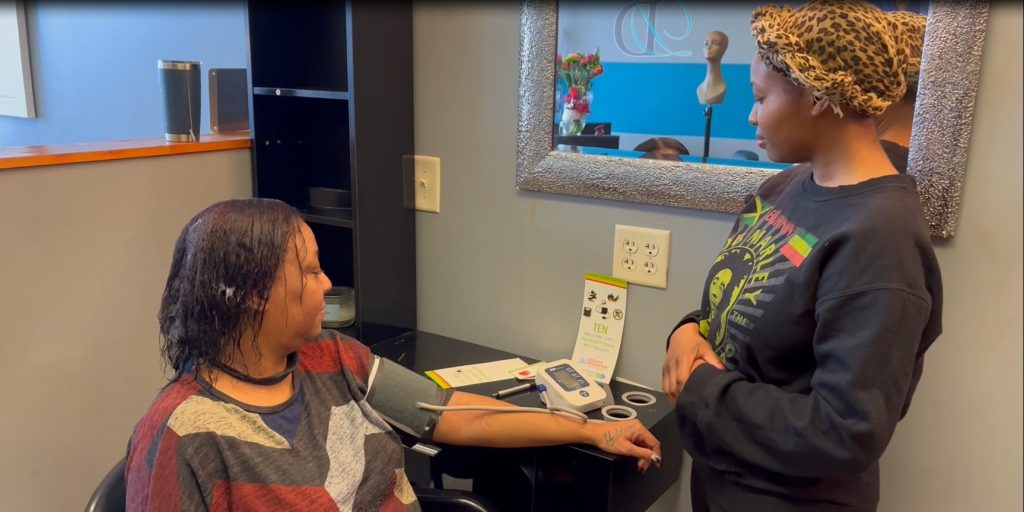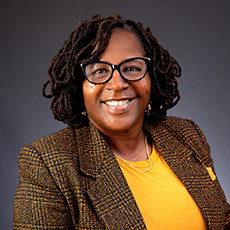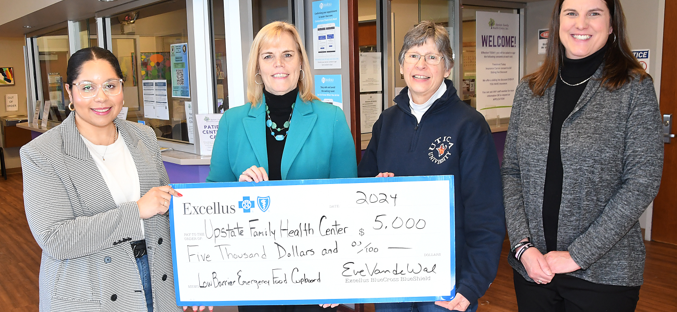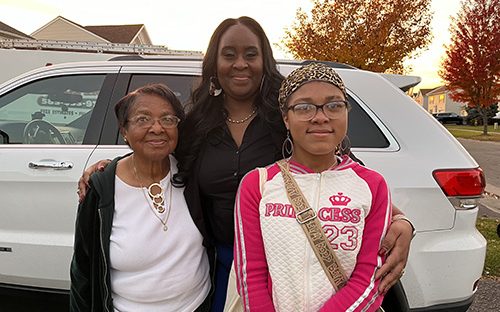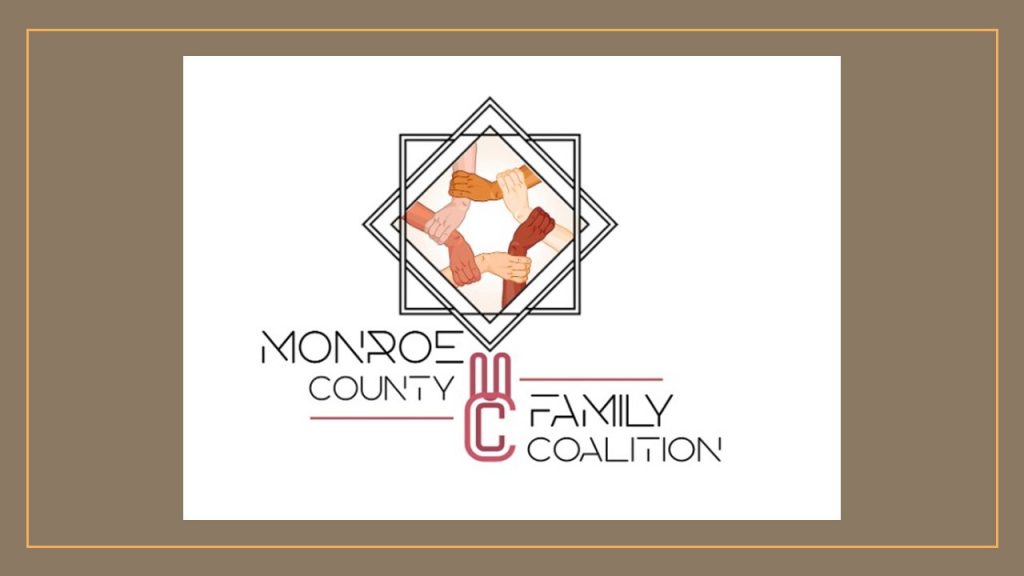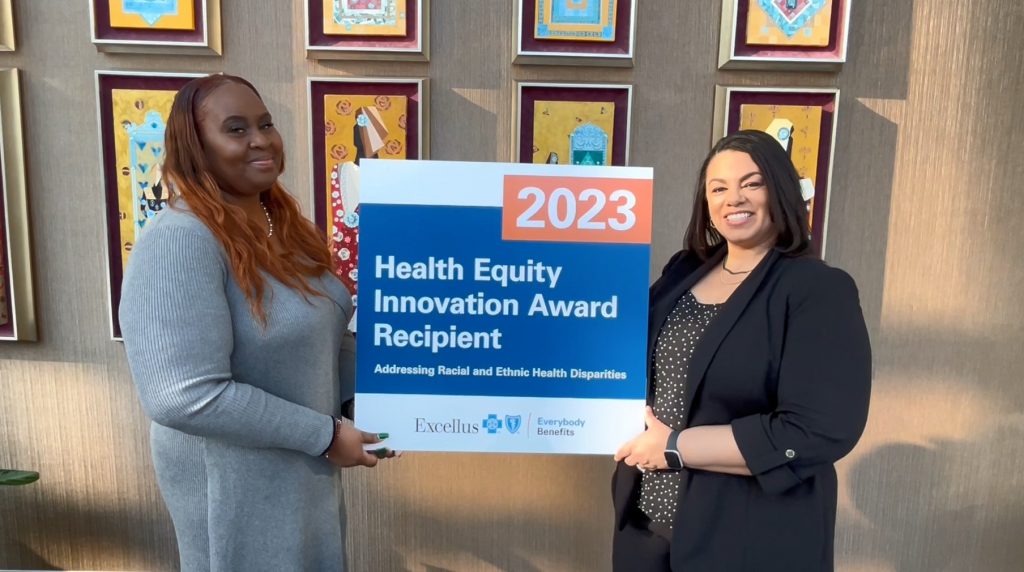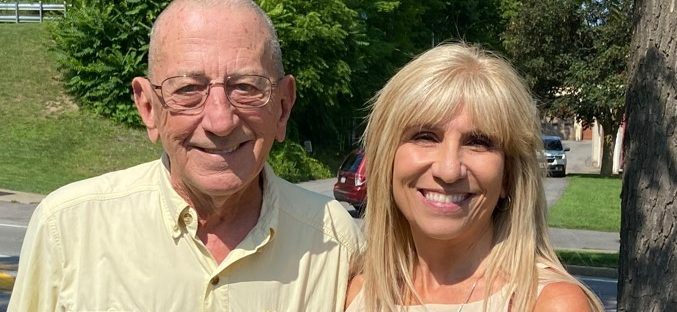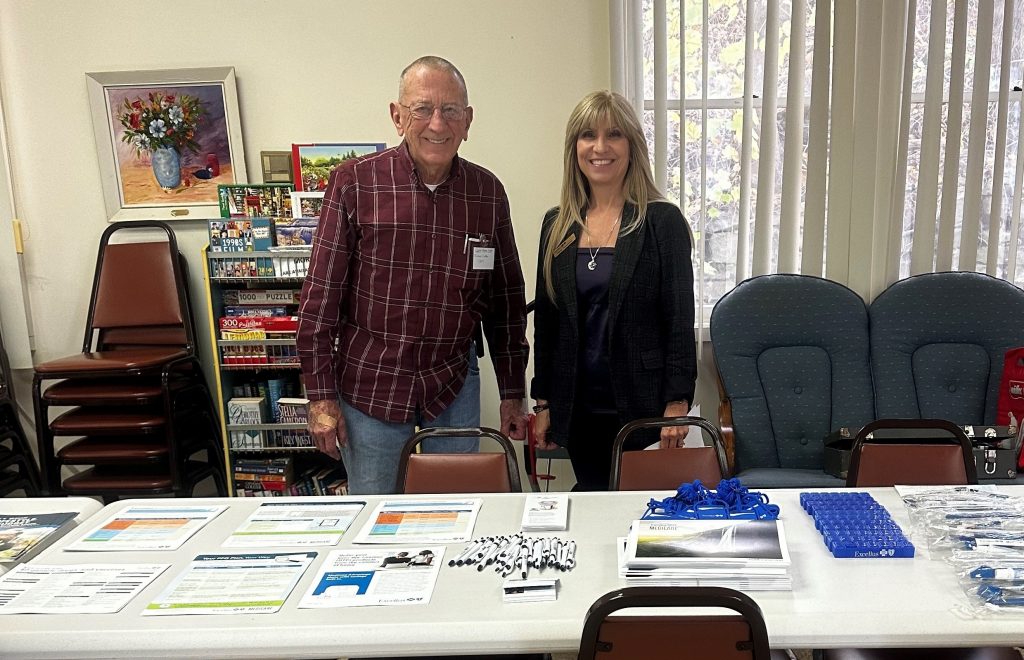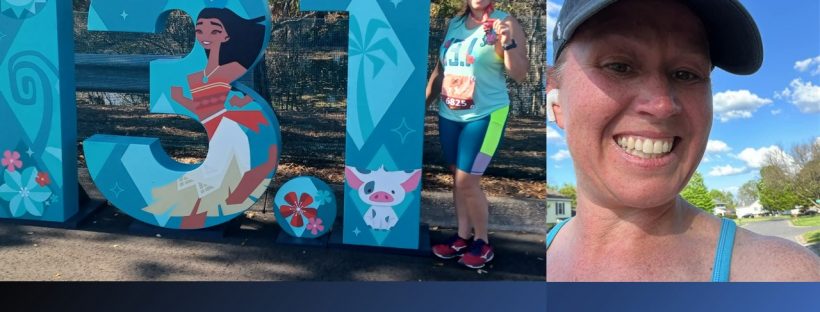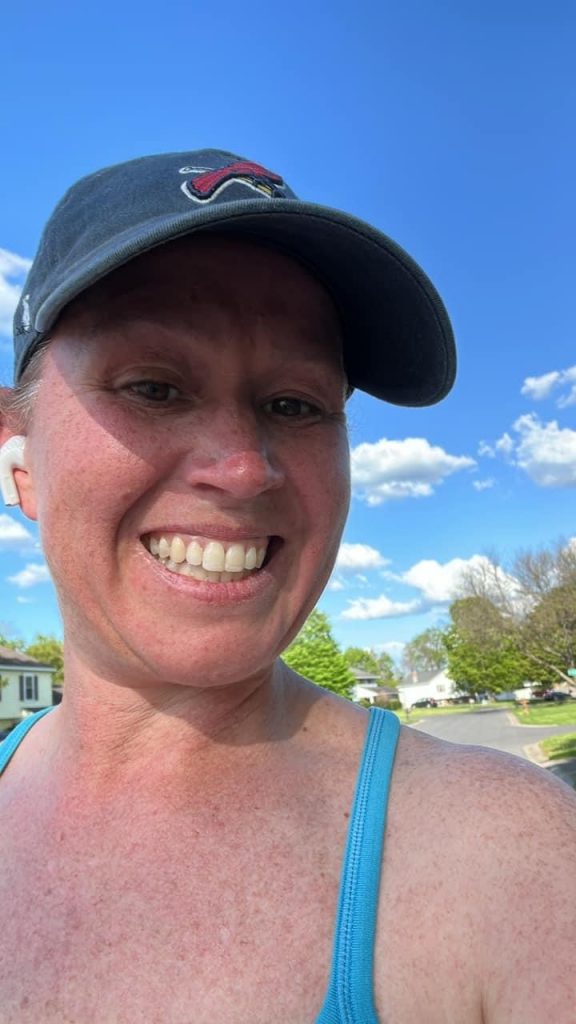Affordable and Accessible Care for All
The ACCEL Clinic, a healthcare facility located at the Economic Opportunity Program in Elmira, NY, is providing affordable care to community members when they need it most.
They couldn’t afford their blood pressure checks
For Glenda and Woody Aikens, residents of West Elmira, the cost of weekly co-pays to have their blood pressure checked was simply not affordable. But thanks to the ACCEL Clinic they have been able to follow their primary care doctor’s orders at no cost. They learned about the clinic through a flyer provided with a food delivery from the Economic Opportunity Program. The Aikens said they were thrilled to discover that the clinic offered free services and easy access, allowing them to consistently monitor their health and interact with others in the community.
The ACCEL Clinic is a collaborative partnership between Excellus BCBS, Arnot Health, Chemung County Health Department, Lake Erie College of Osteopathic Medicine (LECOM), and the Economic Opportunity Program. The clinic provides free and accessible medical services to children and their families.
The ACCEL Clinic is supported by an Excellus BlueCross BlueShield Member and Community Health Improvement grant and the funding has enabled the clinic to enhance health outcomes and reduce health disparities in Chemung County. This has been achieved through the analysis of data collected and has enabled the clinic to provide targeted care and connect them with appropriate healthcare providers.
“The ACCEL Clinic helped us when we needed medical services but couldn’t pay for them,” said Glenda Aikens. “We enjoyed going there every week to check in and we feel important at the clinic. The ACCEL Clinic is great for our community and for people who don’t have much money.”
Surprised by her son’s high lead levels
Other services at the ACCEL Clinic include free lead screenings, an initiative that is in response to the historically high lead levels in Chemung County. The free screenings help the clinic identify and address lead poisoning in children, ensuring early intervention and appropriate treatment.
Tanisha Logan-Lattimore, a patient at the clinic, discovered that her son had high levels of lead through the clinic’s testing.
“I had my entire family tested, including myself. I was surprised when the results showed that my son had very high levels of lead in his body. I had no idea about this before, and it was fortunate that we found out because my son already has a weakened immune system. Sharing the test results with his doctors allowed them to consider the lead exposure when planning his treatment. It was truly a blessing in disguise,” Tanisha stated.
Since its opening in 2022, the clinic has successfully conducted over 400 lead screenings, contributing to the reduction of lead levels in Chemung County, according to Economic Opportunity Program Chief Executive Officer Andrea Ogunwumi.
Access to Affordable Care
Convenience and accessibility are key factors in the success of the ACCEL Clinic. Being in the same building as Head Start programs and after-school activities makes it easier for parents to bring their children in for screenings. This eliminates barriers such as transportation and time constraints, ensuring that healthcare services are readily available to those who need them said Ogunwumi.
The clinic is staffed by LECOM medical students who not only assist with screenings but also ensure that individuals receive necessary primary care follow-up. This includes appointments with primary care physicians and lab screening services provided by Arnot Health. This comprehensive approach to healthcare ensures that individuals receive the necessary care and support to manage their health effectively.
The ACCEL Clinic also collaborates with SNAP-Ed’s Fruit & Vegetable Prescription Program to provide nutritional education services.
“The ACCEL Clinic is a valuable resource in the community, providing cost-free and accessible healthcare services to those in need,” said Dr. Richard R. Terry, LECOM – Elmira Associate Dean of Academic Affair. “A collaborative approach, uniting healthcare organizations, community programs, and funders, is key to improving health outcomes and effectively controlling rising health costs. By working together, these stakeholders can leverage their unique strengths and resources, creating a powerful synergy that fosters innovation, efficiency, and sustainability in healthcare delivery. Through collective efforts, they not only enhance the quality of care but also address the root causes of health disparities, ultimately paving the way for healthier communities and a more cost-effective healthcare system.”


